A majority (69.2 percent) of those responding to our Jan. 26, 2012 online poll supported the idea of mandatory labels for genetically modified organisms in food products.
online poll supported the idea of mandatory labels for genetically modified organisms in food products.
Nearly 25 percent of respondents were opposed to the idea and 6.2 percent were not sure.
When asked if they thought GMOs in food were dangerous, about 37 percent said it was very dangerous and 26.2 said it was somewhat dangerous. Nearly 30 percent felt that GMOs were not very dangerous or not dangerous at all, while 9.2 percent were not sure.
About 70 percent of the respondents felt that GMOs were very dangerous or somewhat dangerous to the environment. About 24 percent felt that GMOs were not very dangerous or not dangerous at all.
——
“The Pure Food and Drug Act was adopted by Congress in 1906 to protect us from tainted meat and adulterated and poisonous foods and patent medicines. There are now thousands of food additives that have not been tested both for effects on humans and what happens when the assorted chemicals are combined, in foods or in our bodies. We are now being asked to have faith that GMO-altered foods are safe for infants, pregnant mothers, immune deficient and all other humans. We are being asked to believe that GMO-modified foods, fish and other organisms have no impact to our larger environment, including water and air safety. Enough: if the industry won’t even label their products, they should not be in the marketplace.”
——
“Didn’t we vote on this a few years back and it was defeated?”
——
“Do you believe stem cells should be used to help those in need, provide hope and an alternative? Should we not use all resources at our disposal or not, to improve our situation? Is this not green technology at its best?”
——
“Dude! It’s not real food!”
——
“I absolutely support the requirement for GMOs to be labeled. Those that find no harm in them are free to choose products made with them, and those of us who care about our health and environment can choose not to. Hey Monsanto, if there’s no danger to us from GMOs, certainly you won’t mind labeling them now will you? What are you trying to hide?”
——
“If made mandatory, would the manufacturers raise the price of food products? So many people need to purchase what they can afford and can’t afford the organic healthier foods. People who actually care and can afford will want the product labeled. We don’t know what GMOs are doing to the bees or our bodies. There certainly is a generation of us that grew up exposed to many dangerous foods (remember red food dye No. 4?), yet we are alive and well.”
——
“I have tried to understand this topic. All I can find is propaganda style sites. It is very hard to determine the facts, but if you believe in Bigfoot and ghosts then it is a short leap to frankenfoods.”
——
“I support a statewide ban of all Monsanto products. Hey, a nationwide ban of all GMOs.”
——
“Learn more about Monsanto and how most of our U.S. soy, corn and more are poisoned by this greedy company. GMO causes cancer in animals, this much we already know. Safeway is also one of their major retailers.”
——
“No more government regulation.”
——
“Pretty soon there will be a book attached to every product so we can see what’s in it and what’s not, what it will do to us and what it won’t. Plan to spend more time shopping and don’t forget your glasses. Why can’t we just go back to the time when everything didn’t have to be mass produced? Everything was cheaper, better and safer. Oh wait! I remember why we can’t do that. The companies wouldn’t be able to profit so much because they wouldn’t be able to mass produce their product and put everyone’s health and lives in danger.”
——
“These gentlemen have worded my concerns better than I could: ‘If it is left to me, I would certainly not eat it. We are putting new things into food that have not been eaten before. The effects on the immune system are not easily predictable and I challenge anyone who will say that the effects are predictable,’ Professor Arpad Pusztai, of the Food, Gut, and Microbial Interactions Group, Rowett Research Institute, on the health risks associated with genetically engineered food. And, as Dr. Geoffrey Clements, leader of the Natural Law Party said, ‘The genetic modification of food is intrinsically dangerous. It involves making irreversible changes in a random manner to a complex level of life about which little is known. It is inevitable that this hit-and-miss approach will lead to disasters. It must disrupt the natural intelligence of the plant or animal to which it is applied, and lead to health-damaging side-effects.’”
——
“The thing is people need a choice to eat it or not. If it’s mandatory what choice do we have? The effects are just starting to come out. Better to be safe then sorry and out of control.”
——
“We know Monsanto grain (GMO) is hybrid, so seeds can’t be saved. Then, when the seed gets into the farms of others, they get fined for stealing. Just plain wrong. Very wrong.”
——
“When science tampers with nature as it always was, the outcome can be damaging. Who knows what the outcome will be in 20 to 40 years from now? Maybe nothing will grow correctly in the fields, or wherever and whatever is being modified. I for one, don’t trust it.”
——
“Where is Luther Burbank when we need him?”
——
Poll: Readers support GMO labels
(Visited 2 times, 1 visits today)

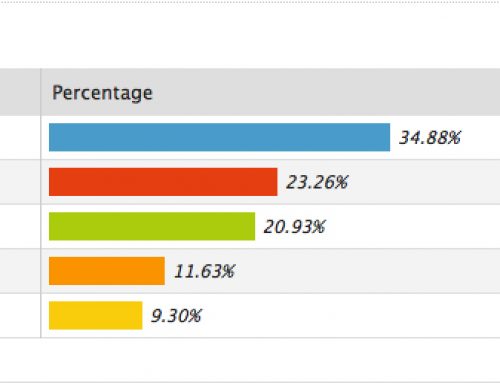
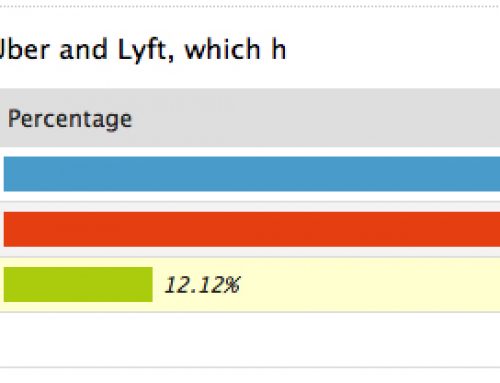
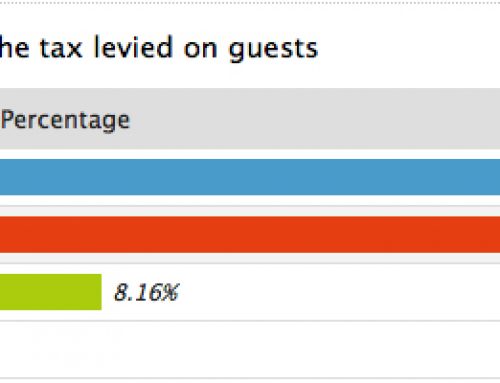
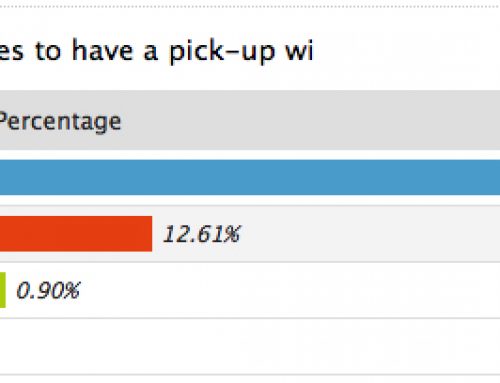
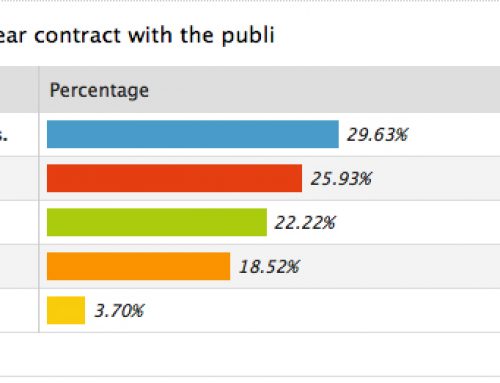
Recent Comments